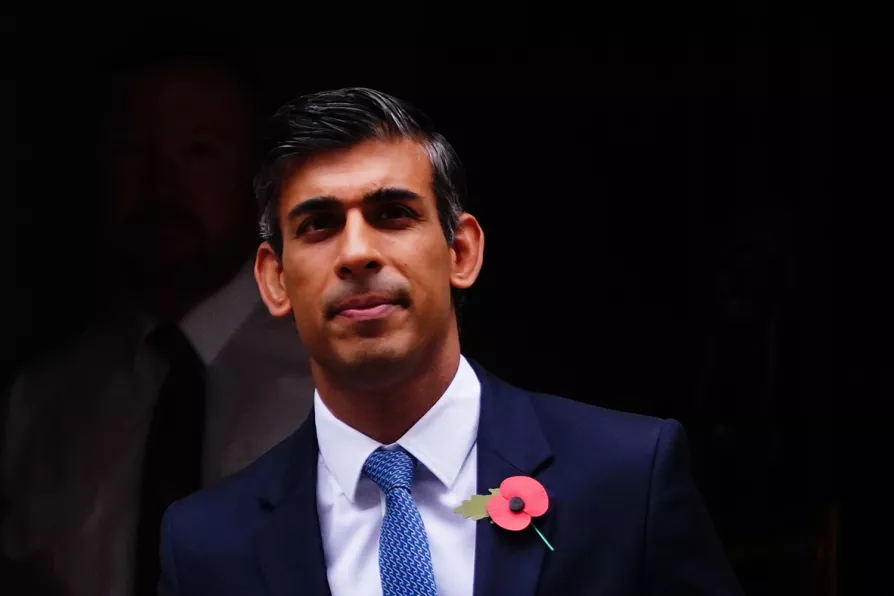This weekend, the NEU holds a special conference to debate changing its approach to organising teaching assistants, which a 2017 TUC agreement forbids. General secretary DANIEL KEBEDE outlines the choices before delegates

 Prime Minister Rishi Sunak departs 10 Downing Street, Westminster, London
Prime Minister Rishi Sunak departs 10 Downing Street, Westminster, London
“HURRAY,” rejoiced many Asians on seeing Rishi Sunak — our desi boy, a Hindu, an Indian, a Kenyan, a Pakistani, a British Asian, become the Prime Minister. October 24 was seen by many Indians and British Asians a day to celebrate a “double Diwali.”
BBC South Asia Correspondent Rajini Vaidyanathan tweeted that Sunak becoming PM was being seen as “landmark moment” in India, while Indian broadcaster NDTV boomed: “Indian son rises over the empire. History comes full circle in Britain.”
Countering all this was presenter Ravish Kumar, also of NDTV, who correctly portrayed Sunak as a representative of the tax-dodging rich and multinational corporations.

Indian communist leader MA Baby considers the chilling escalation of violence against minorities and increasing impunity for their attackers under the Modi regime













